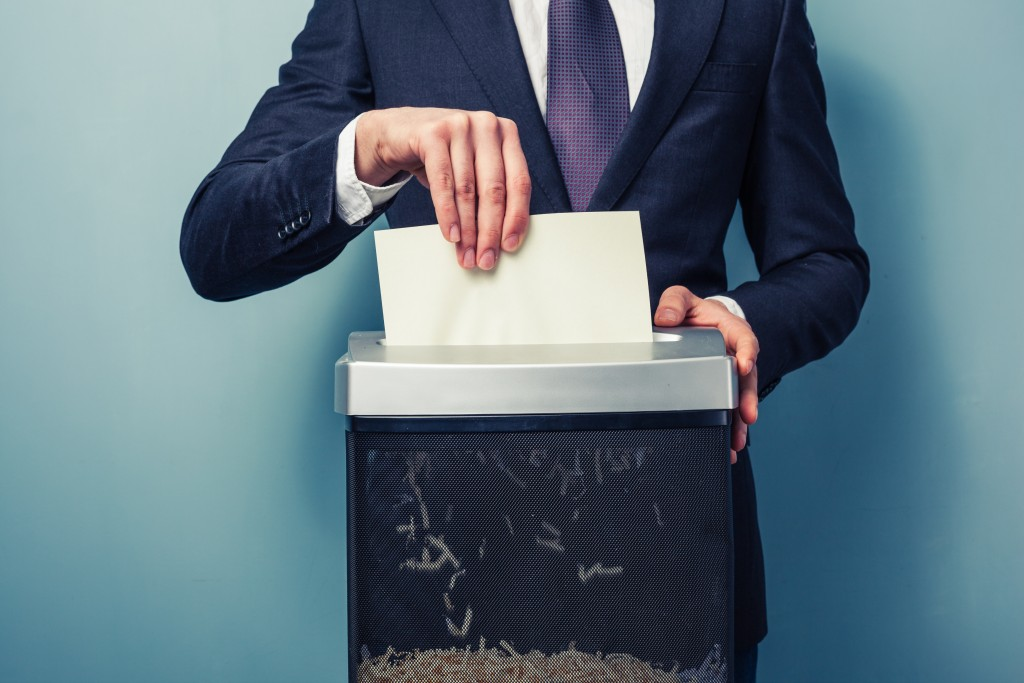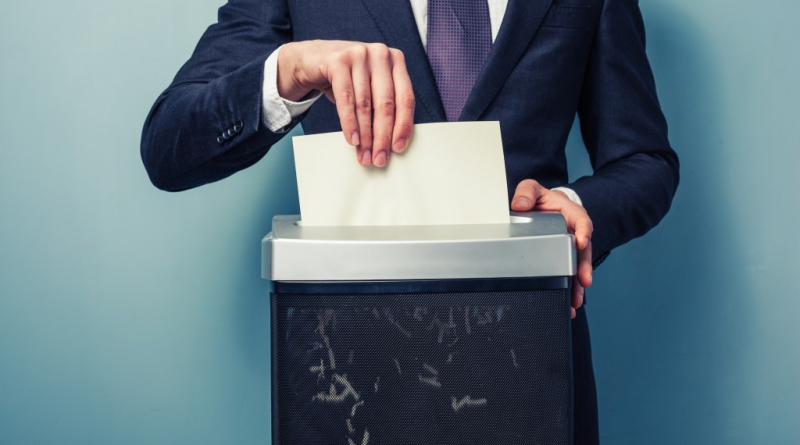Key Tips to Protect Yourself and Your Identity
When it comes to protecting yourself, it is rare you would consider needing to protect your identity; this means protecting everything about you such as your home address, your personal details, your bank details, and even your medical notes. With the GDPR policy which began on the 25th May 2018, companies must abide by strict policies to protect the personal details of their customers. There are still many people that work to hack others to steal their details and social media accounts etc, and that is why you must protect your personal details. Here are key tips to protect yourself and your identity

Bank Cards
There could be many reasons you will need to chuck away a bank card; it could be if you have closed an account with a bank, if you have a new bank card, or even if your card has stopped working; but for hackers, an unused bank card could be a way of stealing your personal details, and your money. To properly dispose of old bank cards, you will need to cut it into a number of pieces, making sure not to leave any identifiable pieces of information on there, and make sure to throw it out over a period of months; this means that if people go fishing around for any bank cards, they will not be able to gain personal information from it.
Letters
Junk mail and useless letters may be something you throw straight into the bin, but this could be dangerous if your address gets into the wrong hands. Before throwing a letter out, make sure your name and address are not printed on the letter, and if it is, cut it into small pieces and chuck it into different bins in your house. You could even buy a self-inking roller stamp that will cover up your address to make it unidentifiable.

Confidential Letters
It is common to receive confidential letters, but when they can’t be chucked out, what do you do? Burning it is an option, but seems pretty drastic unless you have an open fireplace. Shredders are a great way to get rid of confidential letters and information because it shreds them down so small, they cannot be identified; if you are a business owner with lots of personal and confidential papers, companies such as https://www.printwaste.co.uk/ provide Confidential waste disposal of paper, hard drives, and more – so don’t worry about having to dispose of personal documents.
The World of Online
In modern-day life, it is not just about protecting physical files, it is also about protecting your personal details online too. Computer hackers work every day to retrieve online details and information about people – if not being used properly, the online world can be a dangerous one. Social Media is another key place that holds information and media about your personal life, so how can you protect yourself? Authenticator apps are a good way to make it harder for people to access your Social Media accounts; this works by giving you a code over text, or on an app when you log in, and then you have to fill in that code to log in – it even lets you know if someone has attempted to log in. LastPass is also a great piece of software to protect your accounts, this works by holding your passwords in a secure ‘digital vault’, and to access them you have to use your fingerprint or a master password. You can even create long and hard passwords with the password generator. If you have personal files on your desktop, you can add a password to the file, so only those who know the password will be able to access it.


